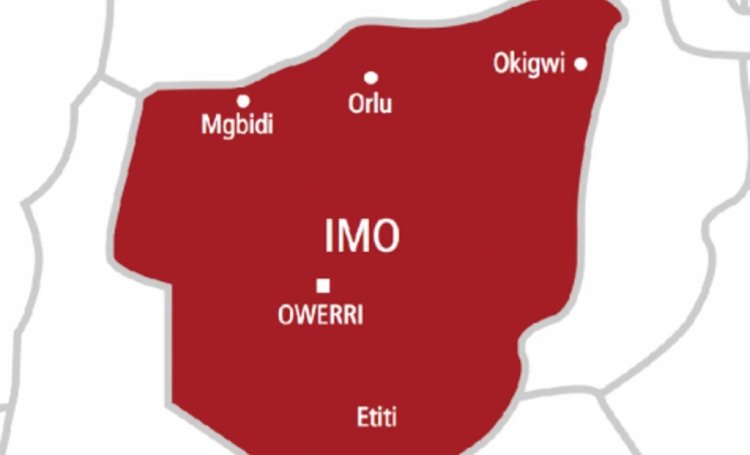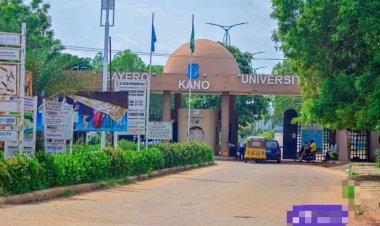Ngor-Okpala Students Demand Better School Conditions Amidst Rising Rape Cases
Secondary school students in Ngor-Okpala local government area of Imo State have voiced their grievances over the appalling state of their schools, urging the state government and organizations to address the urgent need for qualified teachers and improved amenities to enhance their learning experience.

Secondary school students in Ngor-Okpala local government area of Imo State have voiced their grievances over the appalling state of their schools, urging the state government and organizations to address the urgent need for qualified teachers and improved amenities to enhance their learning experience.
The plea emerged during a one-day roundtable organized by the Whisper To Humanity Foundation in Owerri, the Imo state capital. The event, part of the 16 days of activism to end violence against women and girls, saw students from Ngor-Okpala High School, Nguru Umuaro Community Secondary School, Imerienwe Girls Secondary School, and Nnorie High School outlining the dire conditions in their institutions.
READ: Imo Rep Awards Scholarship Grants To 100 Beneficiaries in Ideato
The students highlighted the lack of adequate teachers, absence of proper sanitation facilities, insufficient chairs and desks, uncomfortable classrooms, incomplete buildings, and the need for school gates to curb students leaving school premises without permission. They also emphasized the necessity of boreholes for water supply and functional laboratories to enhance the understanding of lessons.
FOLLOW: "Rekindle Hope for Better Nigeria" Gov Uzodimma tells Imo Corp Members
In a related development, civil society organizations raised concerns about the increasing insecurity, particularly against women and girls. Frontline response providers for rape victims, Mrs. Elizabeth Onyemechi of Honourbeth Foundation and Mrs. Collette, lamented the impact of the sit-at-home cycle on women and girls, citing a surge in rape incidents in the state.
RECOMMENDED: Imo State Government Urged to Prioritize Gender-Inclusive Education Reforms
The organizations accused the police of failing in their responsibility to protect rape victims, particularly minors. Allegations were made that the police often prefer to negotiate settlements out of court, and the legal department uses delay tactics to frustrate complainants. They called on government agencies to provide funding for frontline responders and emphasized the need for a shift in responsibility, especially as NAPTIP shifts the burden to them.
Executive director of Whisper to Humanity, Mary Jacobs, expressed commitment to advocating for the students' demands, describing them as legitimate rights. She appreciated the support and commitment of teachers in the schools, despite challenges such as the lack of transport refunds.
The situation brings attention to the urgent need for intervention in the education sector in Ngor-Okpala and calls for a swift response from relevant authorities to ensure the well-being and academic progress of the students.

 Mary Nwaeze
Mary Nwaeze 



